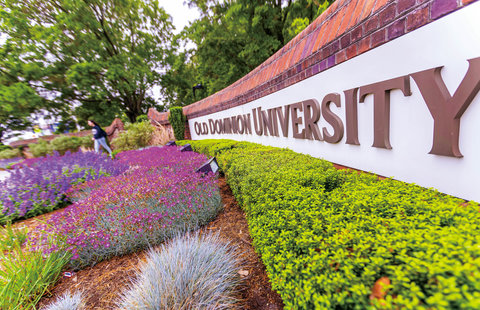The certificate program in Molecular Diagnostics is intended for those individuals with a baccalaureate degree in Medical Technology, Cytotechnology, Biology or related health disciplines who wish to enhance their lab expertise and knowledge in molecular-based methods. The coursework will provide solid didactic preparation for those qualified individuals seeking certification in molecular pathology by the American Society for Clinical Pathology (ASCP) or in molecular biology by the National Credentialing Agency for Laboratory Personnel
Program Highlights
-
Students are encouraged to assist with faculty research projects and to present their own research at regional, national and international professional communication associations. Opportunities to develop study abroad programs are available.
Featured Courses
Requirements
Cost of Attendance
We believe in providing students with transparent and accessible information about the cost of attendance.
Review the estimated tuition rates for the 2025-26 academic year (subject to change). Other fees are assessed for special services and certain academic programs. Non-resident rates are charged for anyone who is not a current Virginia resident, including international students.
Ways to Fund Your Degree
There are a few ways for you to save on the cost of attending Old Dominion University, including scholarships, assistantships, and student loans. For more details about financial aid at Old Dominion, visit the Financial Aid Office page.
Contact







